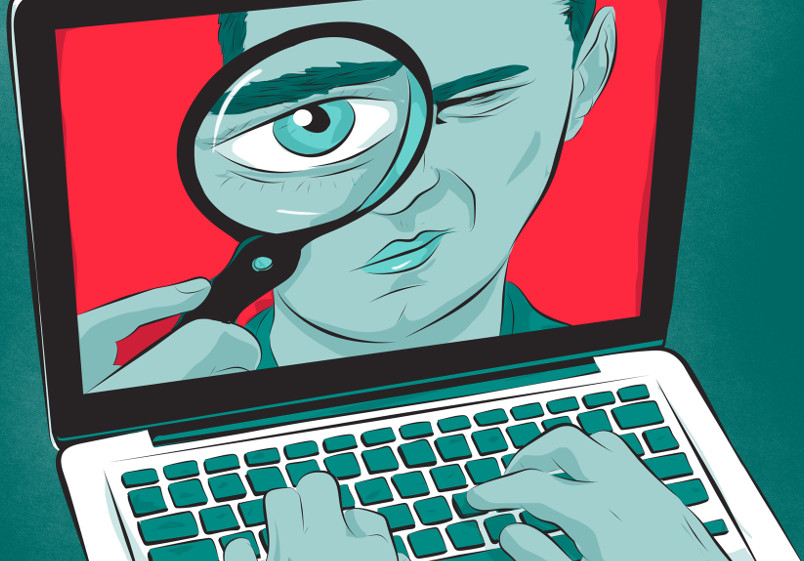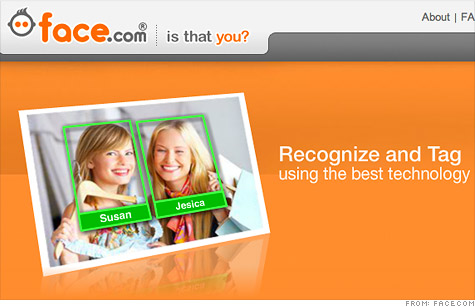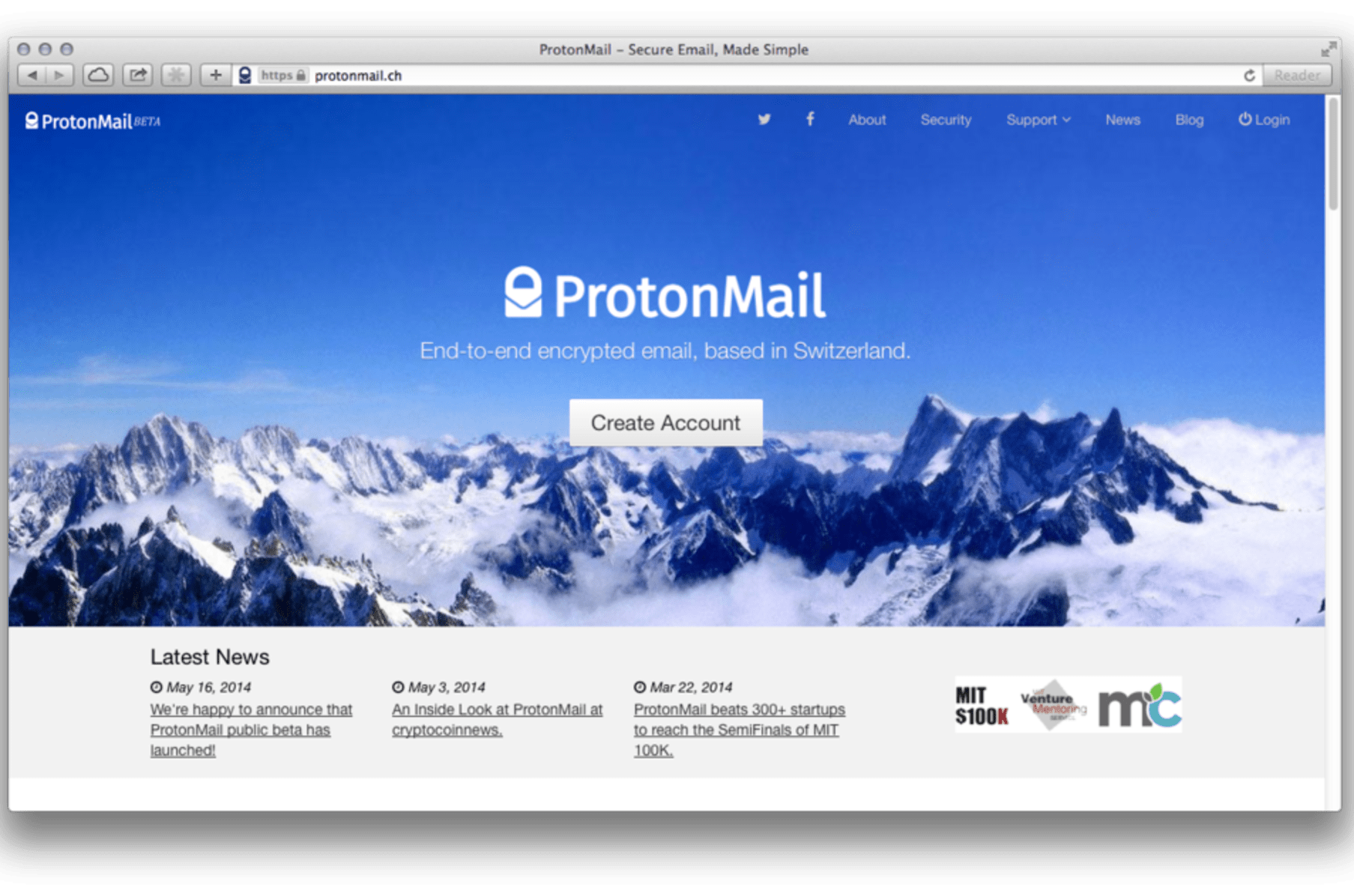While technology and the internet has many benefits, the lack of privacy and the loss of civil liberties in the United States is a huge red flag for U.S. citizens and internet users. It is no secret that everything we do and say has and is currently being tracked without us legitimately consenting or even realizing that it is happening. Some may argue that more surveillance is good in order to catch criminals easier, but it leaves the innocent totally exposed to hackers and stalkers, as well as it just straight up invades our privacy. The best thing to do is to be aware of your surroundings, as well as what you do or say. Devices are always listening and keeping permanent records that will long outlive us. As the one video described, we are leaving "tattoos of information online".
An example of this is how police cars have license plate trackers that monitor where people travel, who they hang out with, where they live, etc. The list goes on and on. They do this for everyone "just in case" some people end up turning out to be criminals. They can catch them a lot easier. These license plate trackers are not just on police cars; they are mounted on street poles everywhere. Since they are everywhere, they can see one car multiple times and learn the tendencies of the driver.
In the "tattoos of information" video, Juan Enriquez talked about the website face.com that could identify anyone's face just by viewing it on screen. They got bought by Facebook in 2012, allowing them to literally have a "face book" of millions and probably even billions of people.
With all these surveillance devices monitoring us, Christopher Soghoian and Andy Yen share some ways to help us stay protected from big tech companies and the government. Soghoian says for iPhone users, only use iMessage to text people, use FaceTime for encrypted phone conversations, and use WhatsApp as another source for encrypted messages. These have a significantly lower chance to be tapped for information.
Yen shares his new email site called ProtonMail that encrypts all your emails to and from your recipients and senders without having to individually do any special encryption.
These sources are short-term solutions to this big problem. If we want to establish some changes, we need to get many people using these apps and switching off of easy-target sites and apps. It's not easy to get everyone to switch, but the more aware we are of it, the brighter the future looks for our maintaining of privacy.






No comments:
Post a Comment